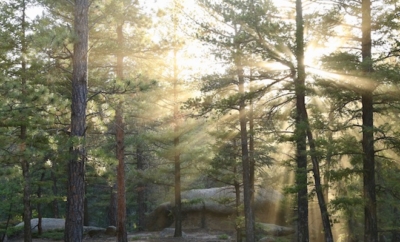
Existential Psychology
Group Membership
Have you ever noticed how some people, when surrounded by a posse of friends, are loud, confident, and exuberant but when you get these same people on their own they clam up, becoming cautious and even shy? This phenomenon is so widespread and common that it’s the rule not the exception.
What is going on from a psychological point of view is masochism, where by latching on to a larger entity you come to identify with it, drawing your strength and even your sense of Self from belonging to this larger entity. Group membership at pretty much every level serves this function for a lot of people, whether we are talking about a group of friends, a family, various clubs, or nationalism.
There is a sense of power that is derived from knowing you represent something bigger than you, filling you with confidence and pride without necessarily having to do anything to deserve these states. This is not to say that being part of a group is a bad thing. Quite the opposite actually; Humans are social animals, built to need each other, and no one can be happy or healthy without feeling connected.
The danger from a self-actualization point of view is not group membership per se, but rather subsuming the development of your own unique potentialities for the traits and qualities of the group, halting your growth in order to feel the safety and security that come from masochistically latching on to something bigger than you. In the process you lose your one chance to become who you really are. If a group were perfectly suited in every way to your development at every stage of your journey there would be no friction and the fit would be perfect, but this is never the case. The price you usually pay for identifying with something else is losing yourself.
The question to ask yourself is what you use the groups you are affiliated with for, and what they use you for. The paradox of what we would term ‘healthy’ group membership is that you are simultaneously fully part of the group and fully yourself. It’s a place where you get to develop your own unique personality and qualities within safe and supportive confines. You wouldn’t be able to develop who you are on a desert island, you need the social sphere for this process. The key is finding the right situation, one where your confidence and sense of Self don’t depend on the group but are fostered within it.




